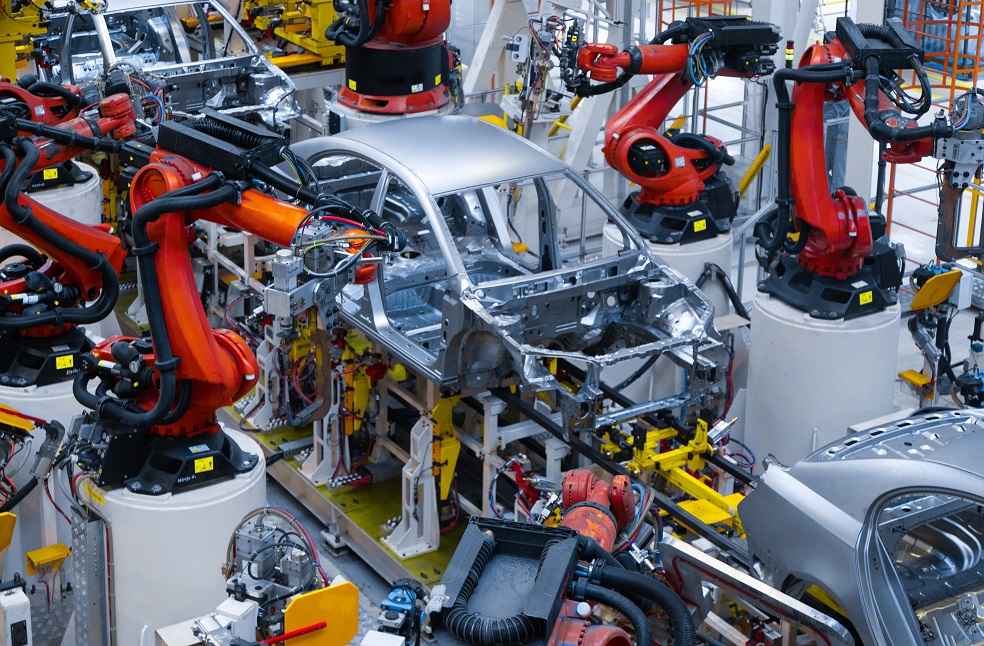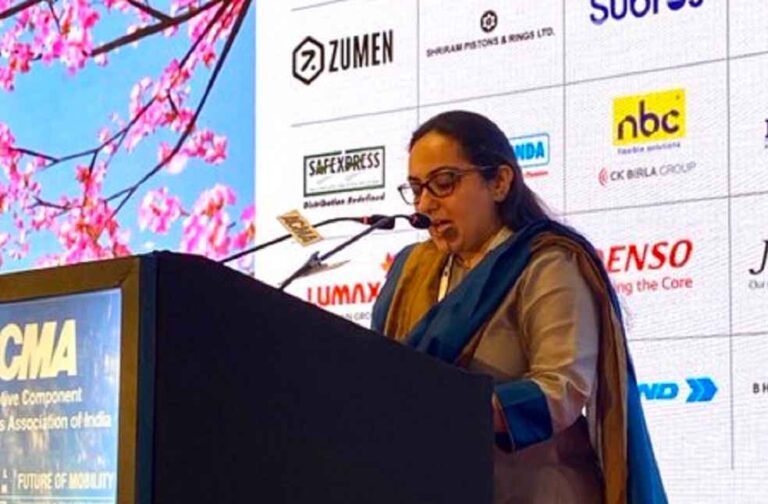India’s auto industry has called for deeper collaboration with the government to secure access to critical raw materials such as rare earth magnets, semiconductors, and battery inputs, as shifting geopolitics and trade dynamics reshape global supply chains.
Speaking at the annual session of the Automotive Component Manufacturers Association of India (ACMA), President Shradha Suri Marwah stressed the need to turn challenges into opportunities and position India as a competitive hub for mobility components.

“Critical raw materials, the availability of rare earth magnets, semiconductors, and battery inputs is becoming a strategic issue that requires national focus,” Marwah said. She noted that geopolitical volatility, tariff escalations, trade wars, and export restrictions were redefining global supply chains, making government partnerships essential.
She added that deeper international alliances would be vital to securing resources, accessing newer markets, and strengthening India’s overall competitiveness in the mobility sector.

Echoing her views, Society of Indian Automobile Manufacturers (SIAM) President Shailesh Chandra said supply chains must evolve beyond cost efficiency to become agile and diversified. “Working on alternative supply chains by partnering with resource-rich countries is key. Here, while business-to-business relations are important, governments’ intervention in both countries needs to be a catalyst for such partnerships,” he said.
Chandra emphasized that collaborations should build on each nation’s strengths, whether in raw materials or technologies, while adapting to shifting geopolitical alignments, evolving trade agreements, and rapid technological transitions.
He noted that India’s automotive sector, deeply linked with global networks, is already both impacted by and responding to these changes, underscoring the urgency for government-industry cooperation.
GENERAL | Nissan Plans to Launch e-POWER Hybrid Vehicles in South Africa





